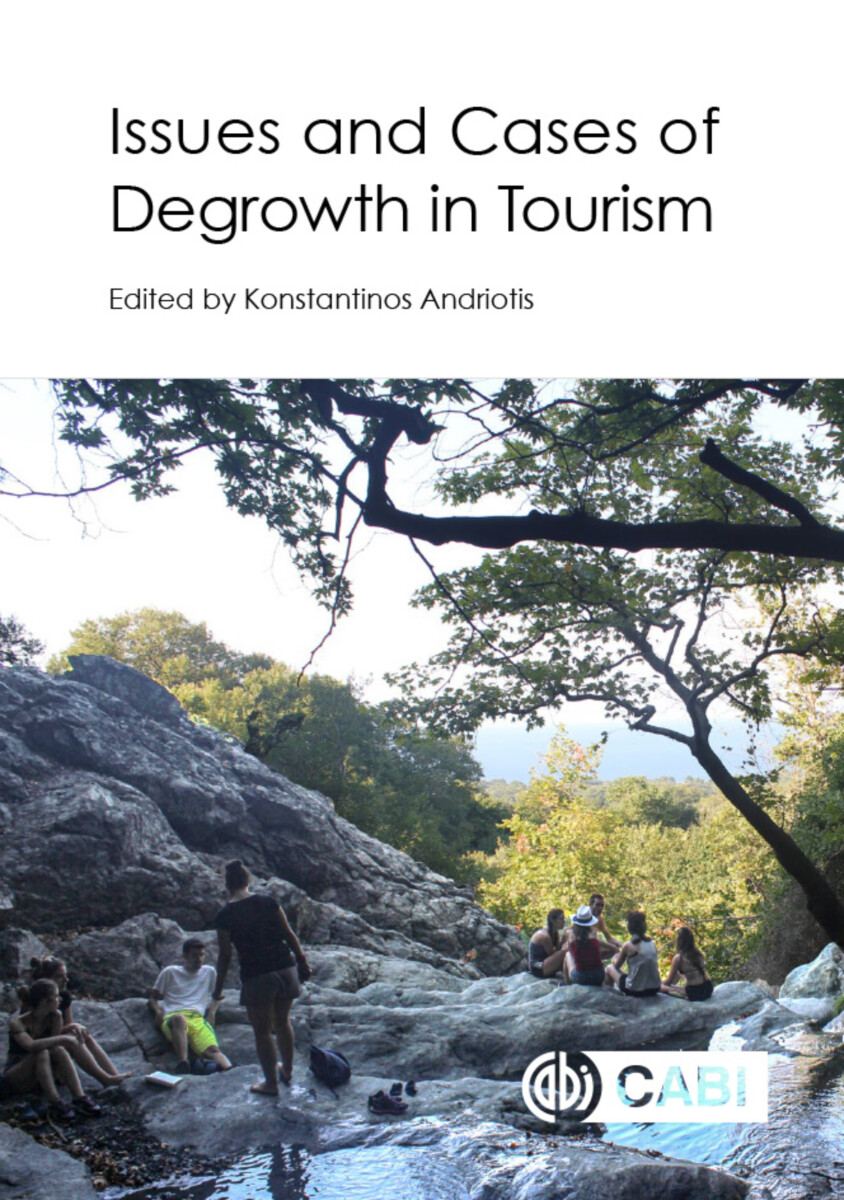Issues and Cases of Degrowth in Tourism
- Publisher
CABI - Published
22nd April 2021 - ISBN 9781789245073
- Language English
- Pages 192 pp.
- Size 6" x 9"
The expansion of mass tourism is becoming highly unpopular and "tourism-phobia," often expressed in the form of anti-tourism marches, is spreading across various destinations. In light of this, there is a paradigm shift from "tourism growth" to "tourism degrowth" through a desire for a drastic transformation of the tourism industry. Degrowth is a key strategy to balance tourism growth. It works to ensure that the direction of institutional change and the orientation of technological development are controlled and in harmony with the environment. Degrowth involves people whose use of personal time enhances the richness of the experience through traveling less, more slowly and using low carbon options, taking time to support the environment, the local economy and to explore the local culture.
This book addresses the paucity of combined research on tourism and degrowth by presenting emergent knowledge and research on this increasingly important concept. In this book:
- The core theme of degrowth from a tourism perspective is outlined.
- Content is enriched with contributions from multi-disciplinary academics from around the World.
- Theory is put into practice via international case studies.
1: Introduction
2: Anti-tourism protest and degrowth in Spain
3: Testing the dynamic relationship among CO2 emissions, economic growth, energy consumption and tourism development. Evidence for Uruguay
4: Kampong tourism: Commoditization process in community-based planning
5: Tourism, rurality and degrowth. Touristic typologies for a new model in rural spaces
6: Sustaining tourism or making tourism more sustainable: The case of Norway
7: Community tourism from a degrowth perspective
8: Pushed over the periphery
9: CSR-certified tour operators as change agents pushing towards a degrowth-oriented tourism?
10: The ‘kavatzas’ of Gavdos: Heteropias apart from modern societies
11: Conclusion
Konstantinos Andriotis, PhD
Konstantinos Andriotis is a Professor in Tourism at Middlesex University London. He holds a PhD in Tourism Development and Planning (Bournemouth University, 2000) and a Post Doc in Tourism Marketing (Hellenic Open University, 2006). He edits International Journal of Tourism Policy, Journal of Qualitative Research in Tourism and the CABI Regional Tourism Series. He has an h-index of 32 and more than 4500 citations. He was listed in the Stanford University list of top 2 per cent of scientists in the World. His research interests include tourism development and planning, alternative forms of tourism, tourism experience and degrowth.


